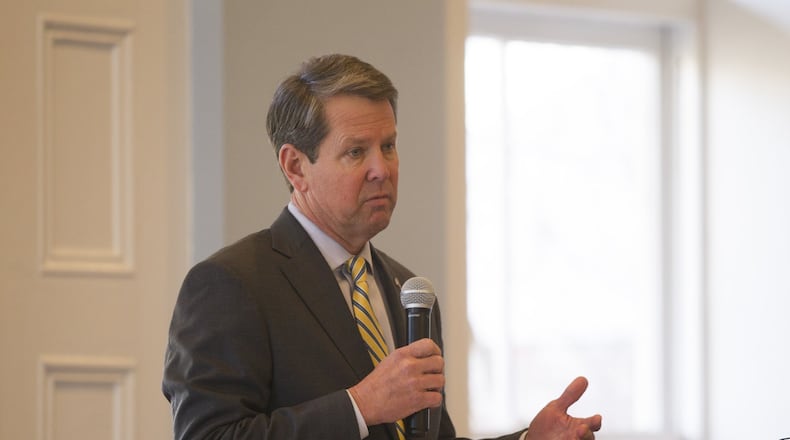In Georgia, "25 percent of rural residents" are "without access to high speed internet."
— Brian Kemp on Wednesday, February 7th, 2018 in campaign website
Many rural Georgians have been left behind because they don’t have access to high-speed internet, said Brian Kemp, a Republican seeking to become Georgia’s next governor.
High-speed internet can help small businesses, improve access to quality health care and spur economic development, said Kemp, currently Georgia’s Secretary of State.
We wondered if Kemp was right about the share of rural Georgians without high-speed internet and found that he accurately cited information stemming from a 2016 Federal Communications Commission report on broadband deployment.
High-speed internet is a term often used interchangeably with broadband. Broadband "commonly refers to high-speed internet access that is always on and faster than the traditional dial-up access," according to the FCC. (Dial-up uses a modem and standard phone line to establish an internet connection.) Broadband technologies include Digital Subscriber Line, or DSL, cable modem and fiber.
The FCC benchmark for fixed (not mobile) broadband internet is speeds of 25 Megabits per second for downloads and 3 Megabits per second for uploads.
A section of the Telecommunications Act of 1996 requires the FCC to determine annually whether advanced telecommunications capability is being deployed to all Americans “in a reasonable and timely fashion,” and if not, to take immediate action to accelerate deployment.
Regarding Georgia's rural population without high-speed internet access, Kemp's campaign referred us to a May 2017 presentation from the House Budget and Research Office given at a House Rural Development Council meeting.
Part of that presentation said an estimated 626,070 people, or 25 percent of the rural population, were without access to 25 Mbps/3 Mbps internet service.
Those figures trace back to the FCC's 2016 Broadband Progress Report, which also found that 39 percent of all rural Americans did not have access to broadband internet.
A more recent FCC report on broadband deployment, released this month, found that 71.9 percent of rural Georgians had access to fixed terrestrial broadband at speeds of 25 Mbps/3 Mbps, suggesting 28.1 percent did not.
Generally, FCC reports have shown that rural communities tend to be at a disadvantage in receiving high-speed internet.
Our ruling
Kemp’s claim is backed by data reported by the FCC in 2016. New data show that the percentage of rural residents without access to fixed terrestrial broadband is 28.1 percent.
We rate Kemp's statement True.
About the Author
Keep Reading
The Latest
Featured


